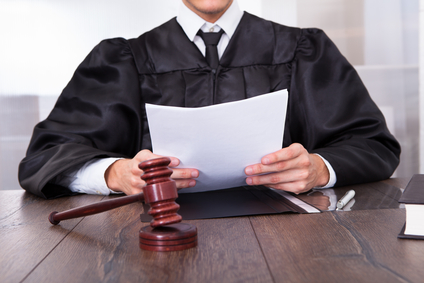
There are a variety of punishments
With a felony conviction the defendant may be sentenced to probation instead of being incarcerated in a state prison. The defendant may be ordered to serve local custody time, (county jail), as a term of probation. If any one person violates their probation, they may be sent to prison for the duration of time for their original crime.
Formal probation is when an individual is supervised by a probation officer. Informal or summary probation is unsupervised.
If probation is not granted, a term of incarceration is certain to follow for serious crimes. The final word is within the judge’s broad discretion.
Sometimes sentences can be modified
Sentencing modifications occur when part of a person’s sentence becomes inapplicable to their case. A few alternatives to jail that might be negotiated are:
- Deter programs
- Electronic home monitoring
- Residential treatment centers
- Counseling
- Weekend work programs
- Community service
Independent consequences
Any sentence imposed by the court can have a number of independent consequences. These consequences can include, but are not limited to:
- Loss of the right to vote
- Loss of the right to possess a firearm of any kind
- Loss of the right to associate with known criminals
- Registration as a sex offender
- Increased penalties for future criminal convictions
Any number of these consequences may be removed, only in certain instances, by an expungement or on a motion to the court.